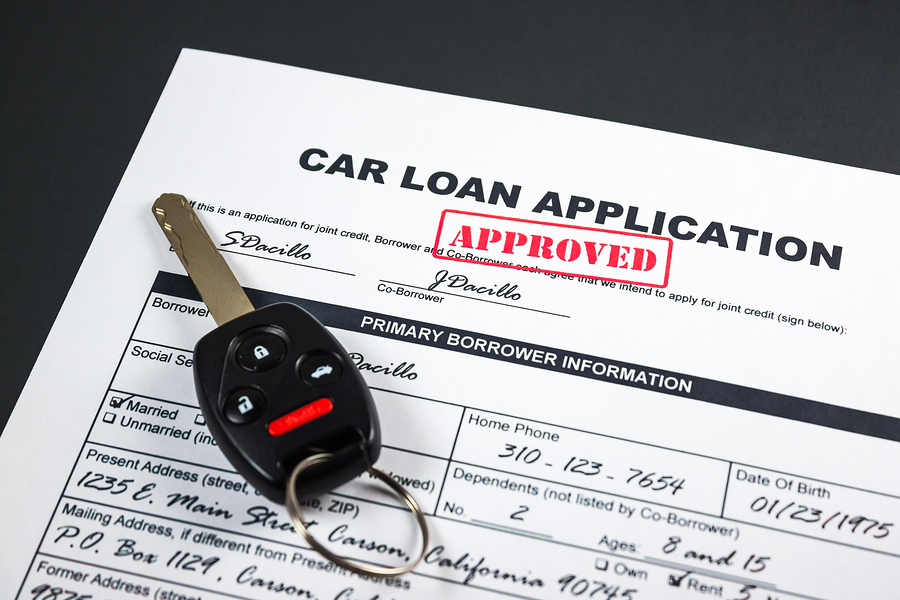Car Loan Interest: The Never-Ending Debt
Car loans are a necessity for many, providing the financing for a dependable vehicle that would otherwise be unaffordable. However, if you receive a loan with a high interest rate, the monthly payments can hit your budget hard. By following these steps before getting a loan or refinancing an old loan, you can increase your chances of getting a reasonable interest rate.
Check your credit
The best way to determine if you are a good candidate for a loan based on your credit score is to check with all three bureaus. While there are many websites that say they can help you, the best approach is to ask for your credit report from each bureau personally, as you are entitled to a one free report from each annually. When you receive them, be sure to check and dispute any errors you may find. Then you will need to pay to receive your actual score from one company.
By knowing your credit score, it can help you prepare for the kind of rates you will be offered. It may also give you pause to hold off on the purchase if your score is too low and you want to wait and improve your score before financing a car.
Comparison shop for rates
Rather than taking the first offer from the dealership, comparison shop first. It never hurts to find out the rates of different lenders in your area. One of the best places to start is a credit union, as they offer lower rates than banks. It’s important to note that credit unions do have membership qualifications that may include employer, county of residence or other factors, so be sure to see if you qualify.
Make a sizable down payment
You can reduce the amount of interest you will pay over time by making a large down payment. Consider waiting a few months if you cannot afford a down payment now. You may be able to cut back on expenses, slowly put money into a savings account or take from your retirement fund to finance the down payment. You could borrow from a 401(k) plan or sell annuity payments to get access to cash quickly.
If you already have a car loan and want to settle your debts quicker, you can try to refinance it. Here are a few ways to do this:
Ask your lender for lower rates
If you have been making your payments on time, then contact your lender and see if you can refinance through them. In many instances, they will be happy to accommodate you because they want to keep you as a customer. If they are able to refinance it, you may qualify for a lower interest rate, which will result in a lower monthly payment.
It’s important to note that in some cases, a refinance may extend your loan, increasing the amount of interest you pay over time. Therefore, be sure to understand the terms before agreeing to them.
Shop around for better rates
Much like you would do when financing a car purchase, you can shop around to see if lenders will give you refinance rates that are more favorable. Before doing this, be sure to know how much you owe on your loan, the interest rate and whether there are prepayment penalties. Additionally, be sure to know the value of your car because banks will factor this in when determining whether they want to approve your loan. You can use a site like Kelley Blue Book to gain a ballpark estimate of your car’s value.
For many, financing a car is the only way to maintain mobility. If you decide to do this, be sure to check your credit and shop around for the best rates. If you have a car loan and want better terms, ask your lender to see if they can make any concessions for you. By doing this, you may receive a low interest rate, which can free up cash and allow you to pay off your loan faster.

